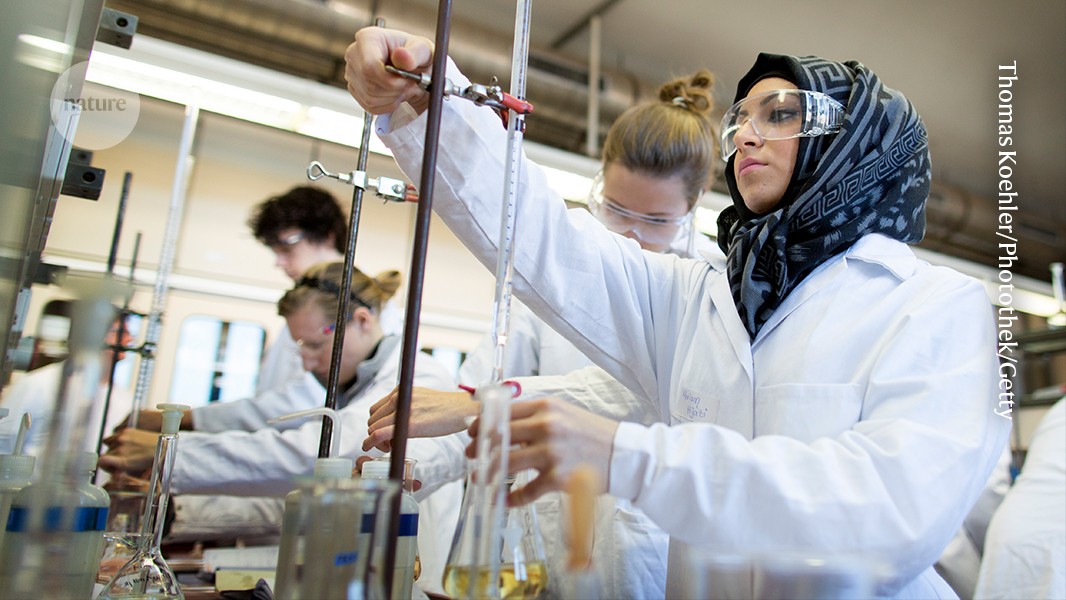The gender gap in research participation: a survey of the leading universities in 2024, using a chatbot, ChatGPT, and published in the Nature Index
The Nature Index shows where the leading universities stand in terms of sharing, but most did not achieve equal research participation by women. In 2024, many of these institutions sat below the 30% mark in terms of female co-authorship. Harvard University in Boston, Massachusetts, stands out, however, with 38% female co-authorship.
In order to understand the trends, mark successes, study how to do better, and learn from one another, it is necessary to give field data at the country level.
The better the access to information that gives an idea of the issues women face in pursuing a career in Science, Technology, Engineering and Mathematics is, the better society will be.
The United States, Canada and France are the only three countries in the top ten that have more than 30% female author representation.
The lowest-ranking topics — in which the gender gap is the widest — were mainly chemistry and physical sciences topics, many of which had less than 20% female co-authorship.
To create the data set, the Nature Index data-analysis team used the chatbot ChatGPT, created by OpenAI, based in San Francisco, California, to infer author genders on the basis of their most likely country of origin and the name–gender association trends in that country (see ‘Methodology’).
Some countries and territories have stronger name–gender associations — in other words, most people with a certain name will identify as a certain gender — than others, which can make the results of the analysis uneven. The majority of names in some countries, such as Singapore and China, have been excluded from the analysis of the model for authors who have low confidence in it.
